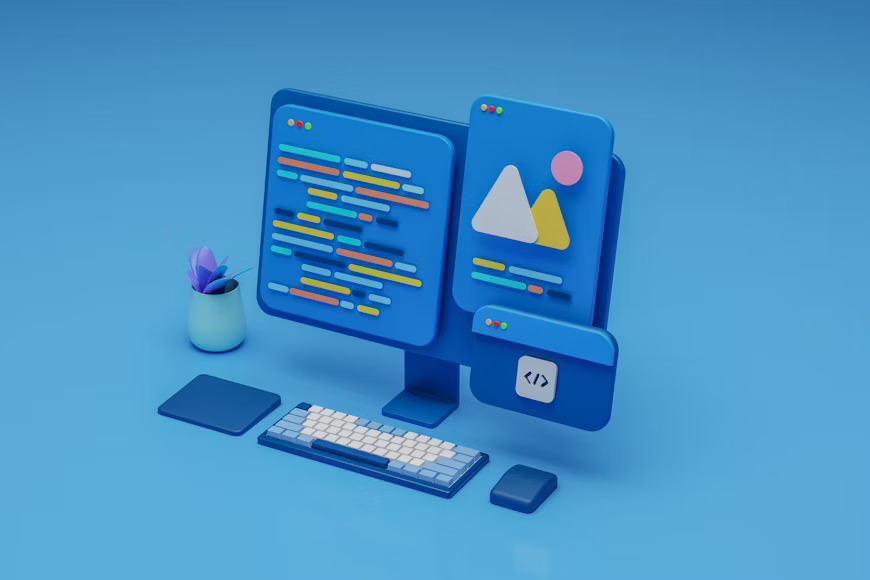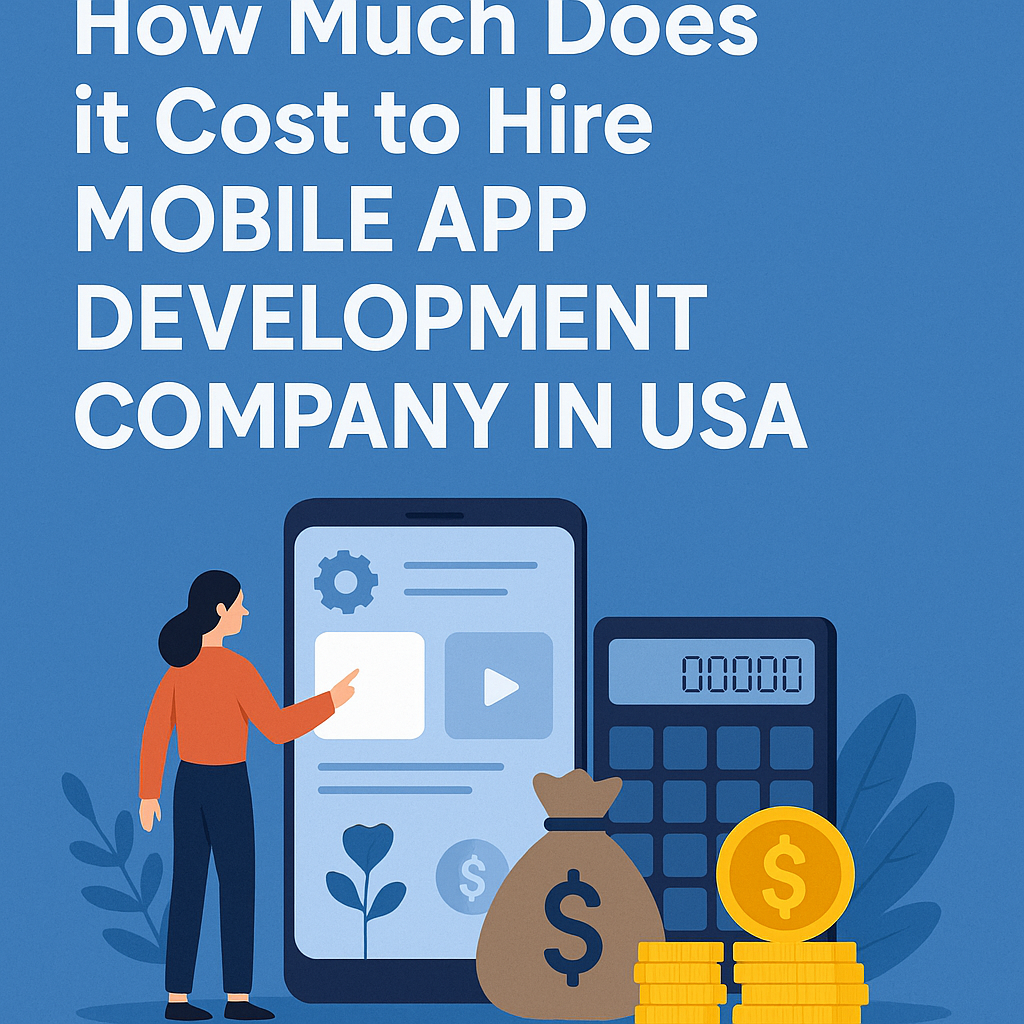How ERP Systems Benefit from Custom Mobile App Development

Strong 8k brings an ultra-HD IPTV experience to your living room and your pocket.
A few years ago, a growing logistics company in Mumbai realized something was holding them back. They had invested heavily in an ERP system to streamline operations, but the system was only accessible from desktop terminals. Drivers couldn’t access updates while on the road, warehouse staff still relied on paper logs, and managers had to wait until they were at their desks to approve orders.
✍️ Curious about the differences between native, hybrid, and progressive web apps? Our comprehensive app development guide breaks down each type with pros, cons, and use cases.
The business was modern, but its tools were not keeping up. To stay competitive, they needed a solution that would bring their ERP system closer to where work actually happened out in the field. That solution came in the form of a mobile application, purpose-built to connect directly with their ERP.
This transformation is becoming common across industries. Businesses that want to stay agile are discovering that adding a mobile layer to their ERP system can dramatically improve performance, communication, and productivity.
Why Traditional ERP Systems Fall Short
ERP systems are designed to unify core business functions, including accounting, human resources, inventory, and supply chain management. They do this well, but they were originally designed for desktop use and stationary teams.
Challenges That Modern Teams Face:
Limited access when working remotely or in the field
Complicated user interfaces that require training
Slow updates and poor real-time data visibility
Inflexibility for department-specific needs
In today's fast-paced business world, where people work from multiple locations, being tied to a desktop ERP system creates friction. Teams need tools that move as fast as they do.
Mobile ERP Apps: More Than Convenience
A mobile app that connects with your ERP system can empower your team to work more efficiently, whether they’re in the office, in the warehouse, or on a client visit. But this isn’t about giving everyone access to everything. It’s about giving people access to what they need, when they need it.
Imagine a field service technician being able to log work reports on-site, or a warehouse employee scanning inventory that updates in real-time. These are not small conveniences; they are significant productivity boosters.
What Custom Mobile App Development Offers
When off-the-shelf ERP apps don’t meet a business’s needs, companies turn to custom app development. This approach enables them to design a solution tailored to their processes, teams, and goals.
What Sets Custom Solutions Apart:
Tailored interfaces for specific roles and departments
Integration with existing ERP workflows and data
Flexibility to include features like barcode scanning, offline mode, or approval workflows
A design that aligns with how teams actually work, not just how software is built
It’s not just about creating another app. It’s about enhancing how your business operates on a day-to-day basis.
Benefits of Adding a Mobile Layer to ERP
1. Access to Real-Time Information
With mobile access, staff can update and retrieve data instantly. This supports better decision-making and faster service.
Use cases include:
Managers approving budget requests from their phones
Sales reps check client order history before meetings
Field teams are updating project progress in real-time
2. Improved Efficiency for Remote Teams
Employees no longer need to return to the office or log into a desktop to complete simple tasks.
Mobile features often include:
One-click approvals
Task notifications
Easy data entry with photos, forms, or barcode scans
This reduces delays and manual errors, while giving teams more autonomy.
3. Smarter, Streamlined User Interfaces
Traditional ERP systems can be overwhelming. A mobile app can simplify things with role-specific dashboards and quick-access tools.
Employees only see what’s relevant to them, which boosts productivity and makes adoption much easier.
4. Reliable Offline Capabilities
Some industries, such as construction or agriculture, operate in areas with limited connectivity. A custom-built ERP mobile app can enable data collection offline and sync automatically when a connection becomes available.
How a Custom Software Development Firm Adds Value
Creating a mobile ERP solution takes more than development skills. It requires a deep understanding of your business processes and ERP infrastructure. That’s why companies often partner with a custom software development firm to get it right.
Here’s what the right partner will typically offer:
Analysis of current workflows and system gaps
Design of a mobile experience that supports user needs
Seamless integration with your ERP backend
Security and scalability considerations from day one
These firms bring a combination of technical expertise and real-world business experience to ensure the solution works in the long term.
Industry Examples: ERP + Mobile in Action
Manufacturing
Factory managers monitor equipment and production
Quality teams upload images during inspections
Maintenance staff schedule repairs on the go
Retail
Store staff access live inventory data
Orders and payments can be processed via a tablet
Real-time customer support via mobile chat
Logistics
Drivers upload proof of delivery directly to ERP
Route changes are shared instantly
Dispatchers update and track orders from mobile
Final Thoughts
The turning point for many growing businesses comes when they realize their ERP system, while powerful, isn’t keeping pace with how their teams actually work. By introducing a mobile application tailored to their operations, companies gain real-time access, reduce delays, and empower their workforce to act more quickly and effectively. This shift isn’t just about convenience, it’s about aligning technology with day-to-day realities. With the guidance of a reliable custom software development firm, organizations can build mobile solutions that extend their ERP’s capabilities, improve productivity, and keep them competitive in an increasingly mobile world.
Note: IndiBlogHub features both user-submitted and editorial content. We do not verify third-party contributions. Read our Disclaimer and Privacy Policyfor details.







